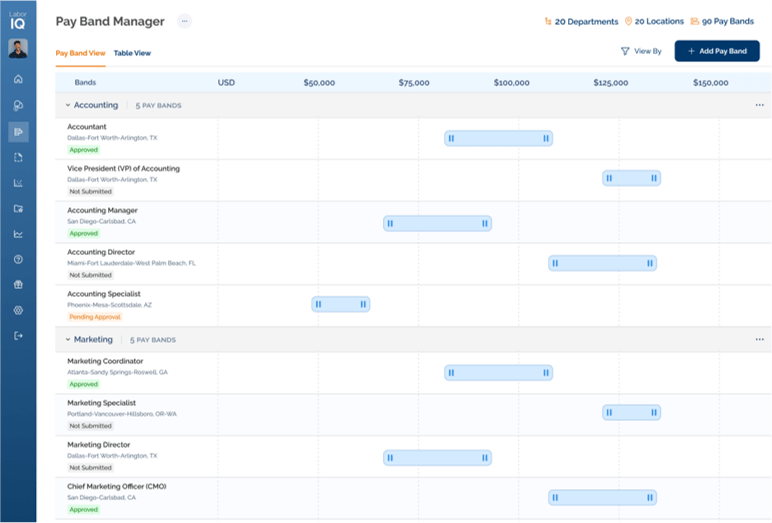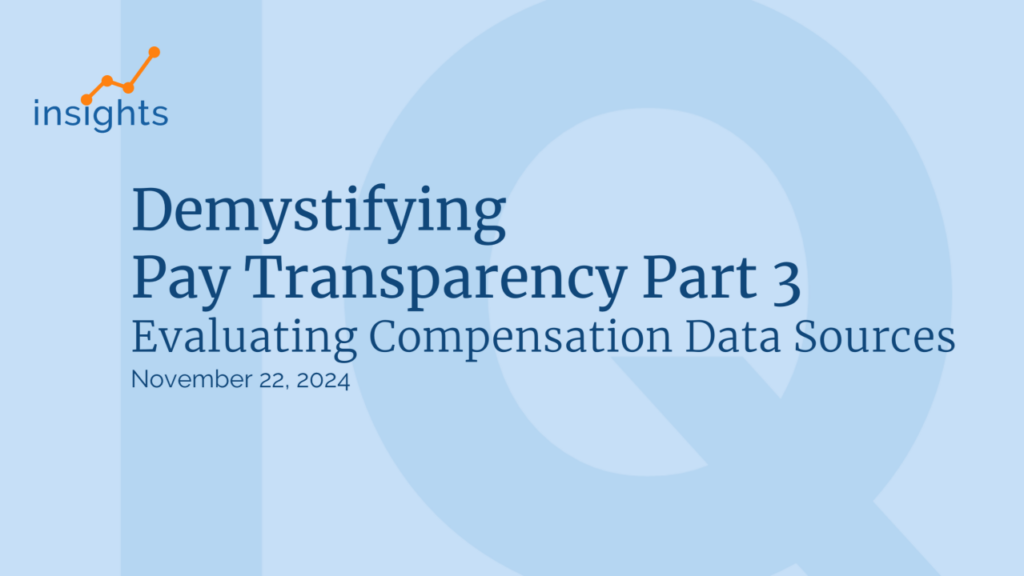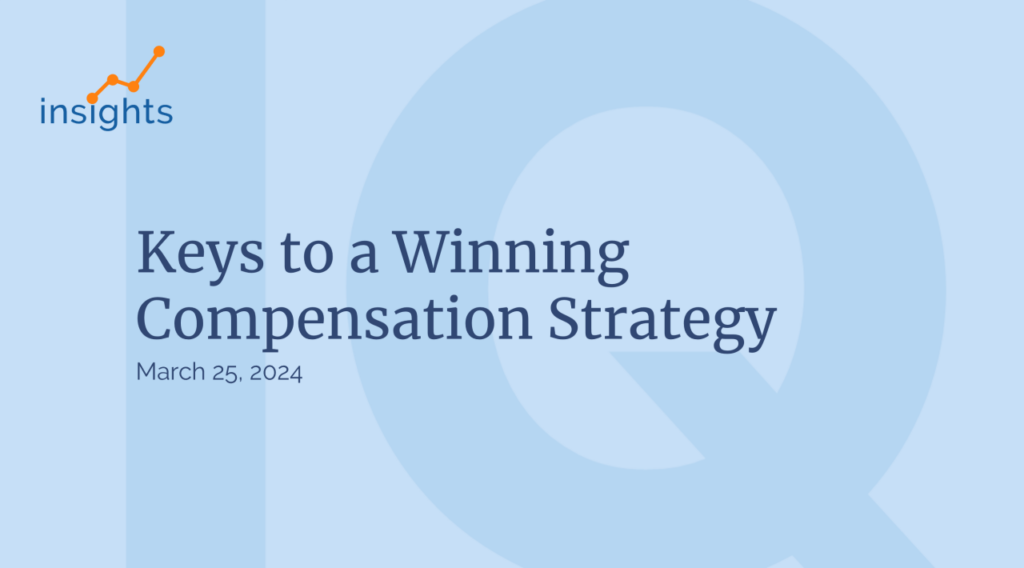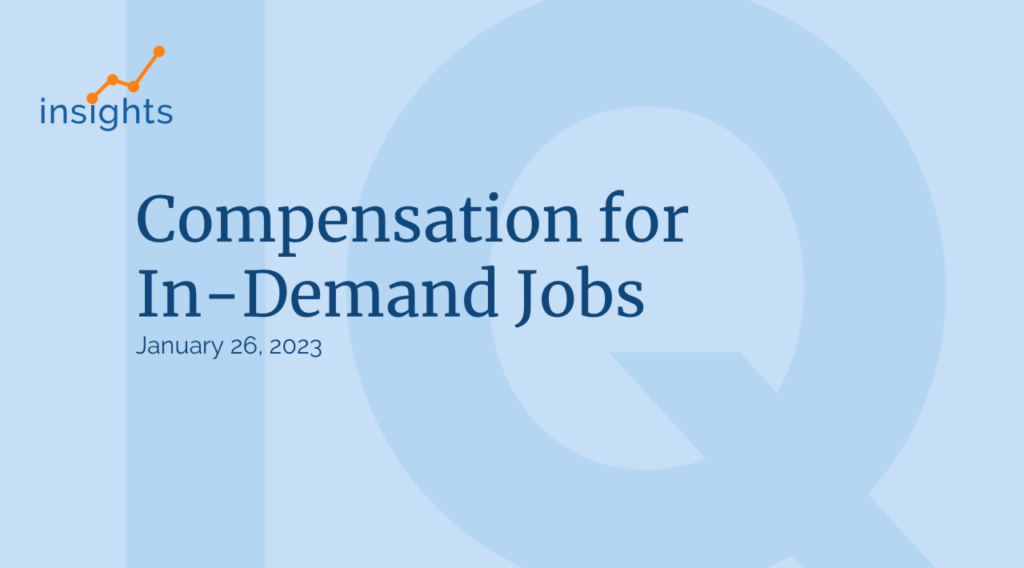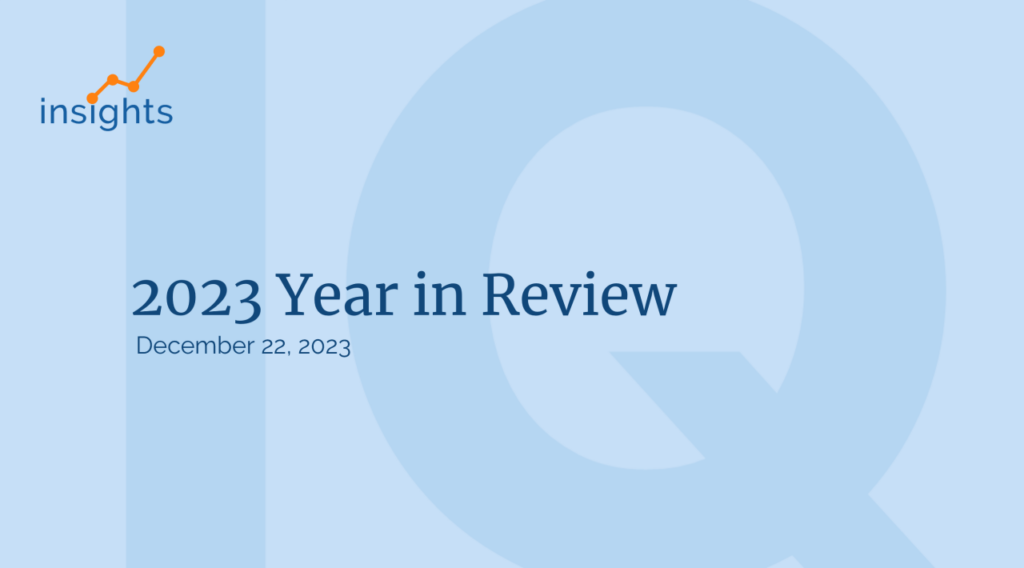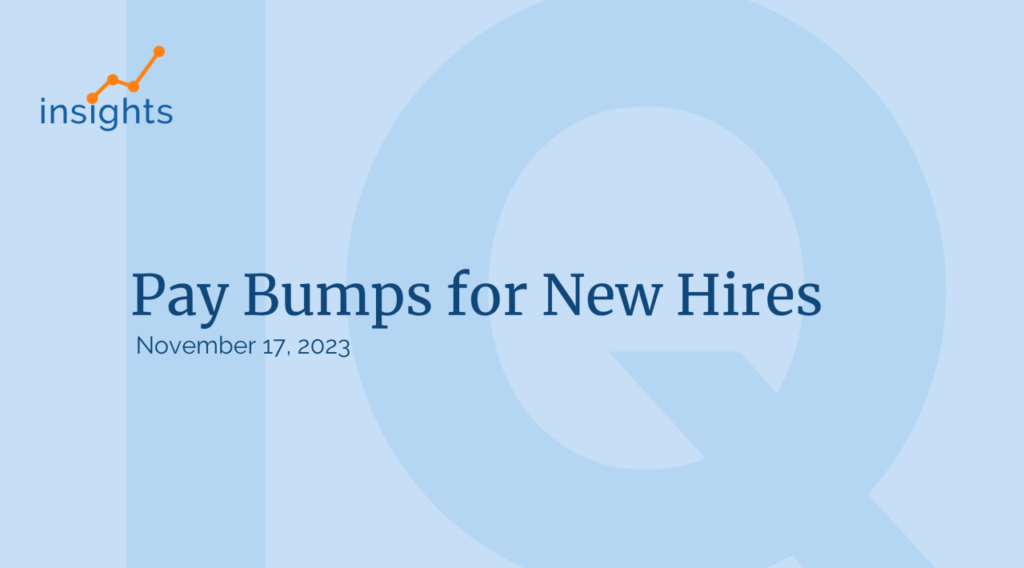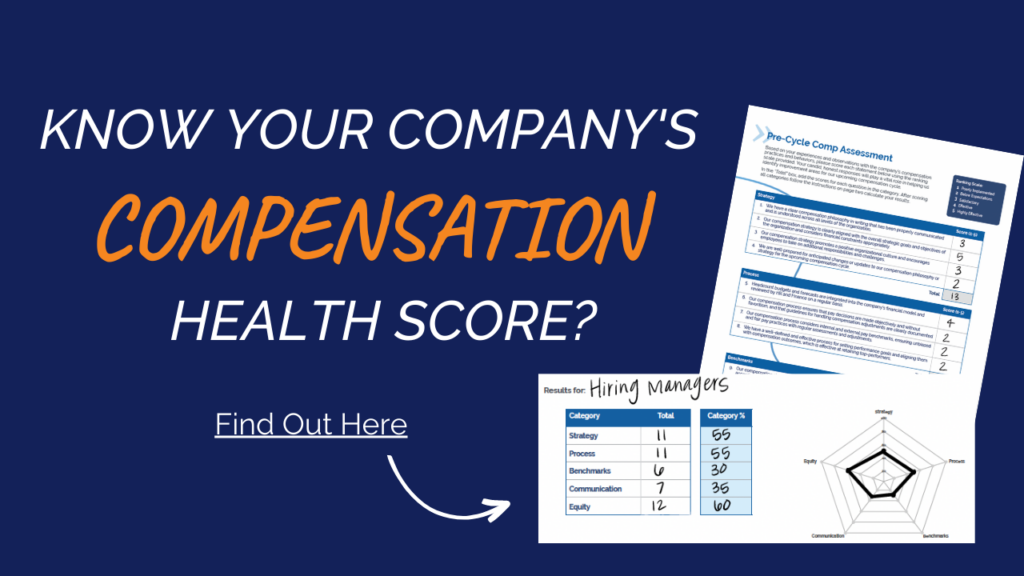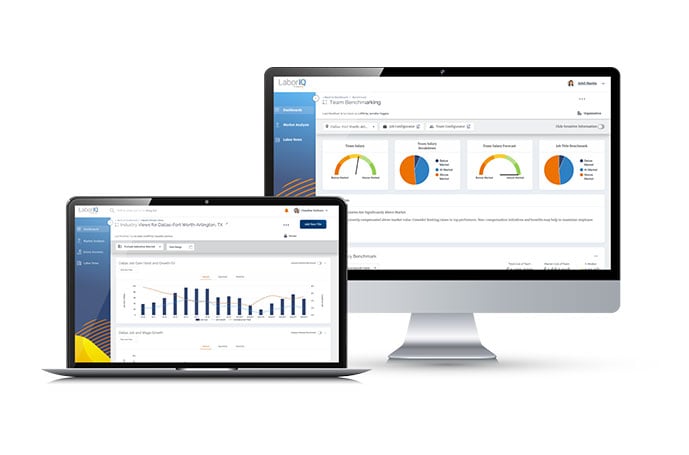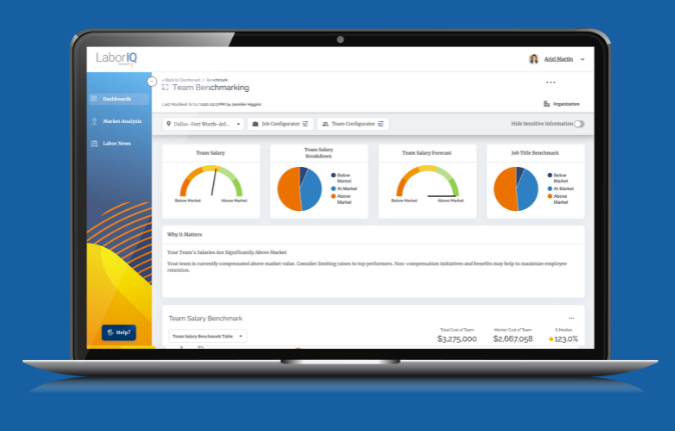For any company, compensation is a delicate but paramount topic that takes great care and expertise to manage. It determines the satisfaction of current and future employees and, as such, dictates how competitively businesses can position themselves in the labor market.
HR leaders face the challenge of determining the right compensation for each employee, how to reward them for improved performance, how to compensate new hires, and much more.
However, processing all the relevant information to decide these figures can be laborious, and poor compensation management can have severe consequences. First, employees dissatisfied with their salary may seek better opportunities elsewhere. Also, if employees uncover injustices in a business’s compensation plan, such as race or gender biases, it can severely affect that company’s employer brand.
Fortunately, there’s a solution to these challenges: compensation analysis. That said, let’s take a closer look at some typical compensation management challenges and how to overcome them.

External Competition
For many businesses, external competition for better compensation is a serious threat to employee retention. As such, HR leaders must carefully consider compensation benchmarks in their location and industry to be able to conduct accurate compensation analysis. Of course, not all businesses will be able to increase salaries to outmatch the external competition. For those businesses, more comprehensive benefits packages may be the solution. For instance, better health care, access to leisure and social activities, work flexibility, parental leave, paid time off, etc.
Internal Equity
As hinted in the intro, internal compensation equity is vital for your organization, as not having it can increase the risk of losing current employees. But unfortunately, establishing unequal compensation processes is easier than one might think. During hiring and compensation considerations, subconscious bias remains a problem, resulting in a disparity between races and genders.
At the same time, organizations without clear compensation review processes are more likely to make ad hoc decisions that create pay inequality. For instance, spontaneously raising some employees’ pay and not others (without a compensation structure to back up these decisions) can create imbalances that will undoubtedly sow discontent among the staff.
One thing HR leaders can do to negate this issue is to determine compensation “blindly.” For example, salaries are awarded solely on performance measured by metrics associated with specific roles. As such, each position needs an accurate job description listing the required skills, responsibilities and experience.
Also, instead of making spur-of-the-moment compensation decisions, employees should only be considered for a raise during scheduled annual or bi-annual performance reviews.
Geographical Differences
With an increasing demand for workplace flexibility, remote working is becoming more common. In fact, 16% of companies worldwide are already 100% remote, and many others offer remote work at least some of the time.
The opportunity to work remotely is greatly valued by employees, who perceive that it provides a better work-life balance. In addition, 77% of remote workers also claim to be more productive. A similar number assures that remote work would make them less likely to leave a company.
While remote work comes with many benefits, it creates a challenge for compensation management. With businesses being able to hire candidates from other states or even from other countries, questions regarding compensation remain.
Hiring from areas where living costs are considerably lower often presents an attractive option because employers can offer lower location-based pay. So, should HR leaders consider location when compensating employees? How will differences in income based on location be communicated to candidates and employees?
Pay localization is a long-term,common practice in the tech industry. In addition, 64% of U.S. workers expect their compensation to reflect their location, and in exchange for remote working, it’s often a favorable deal. Other companies choose a hybrid pay approach that offers pay ranges based on high-cost areas so that no matter where employees live, they’re fairly compensated.
In either case, to create a fair compensation system, companies have to process accurate cost-of-living and market-rate data for the areas they’re seeking new hires.
How Compensation Analysis Can Help You Overcome These Challenges
Many of the challenges above directly result from a lack of data. First, businesses unaware of the average market rate for a particular role may subsequently offer below-average salaries. As a result, they’re more likely to lose employees to the competition.
Similarly, due to unequal compensation, employers may be unaware of internal inequity and risk creating disparities among their own staff. Finally, businesses may miss out on or poorly handle hiring employees from different geographical locations due to a lack of understanding of how compensation differs across state lines.





